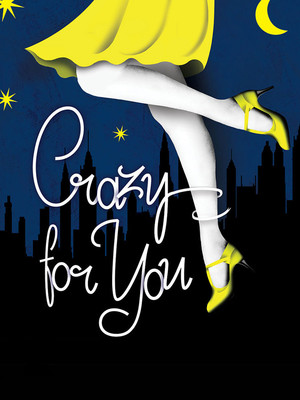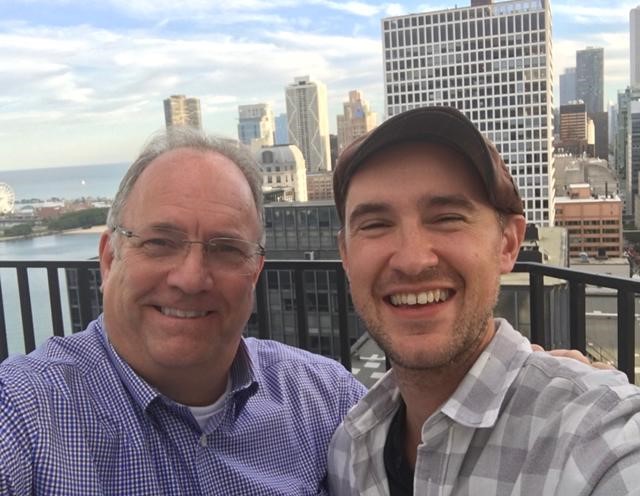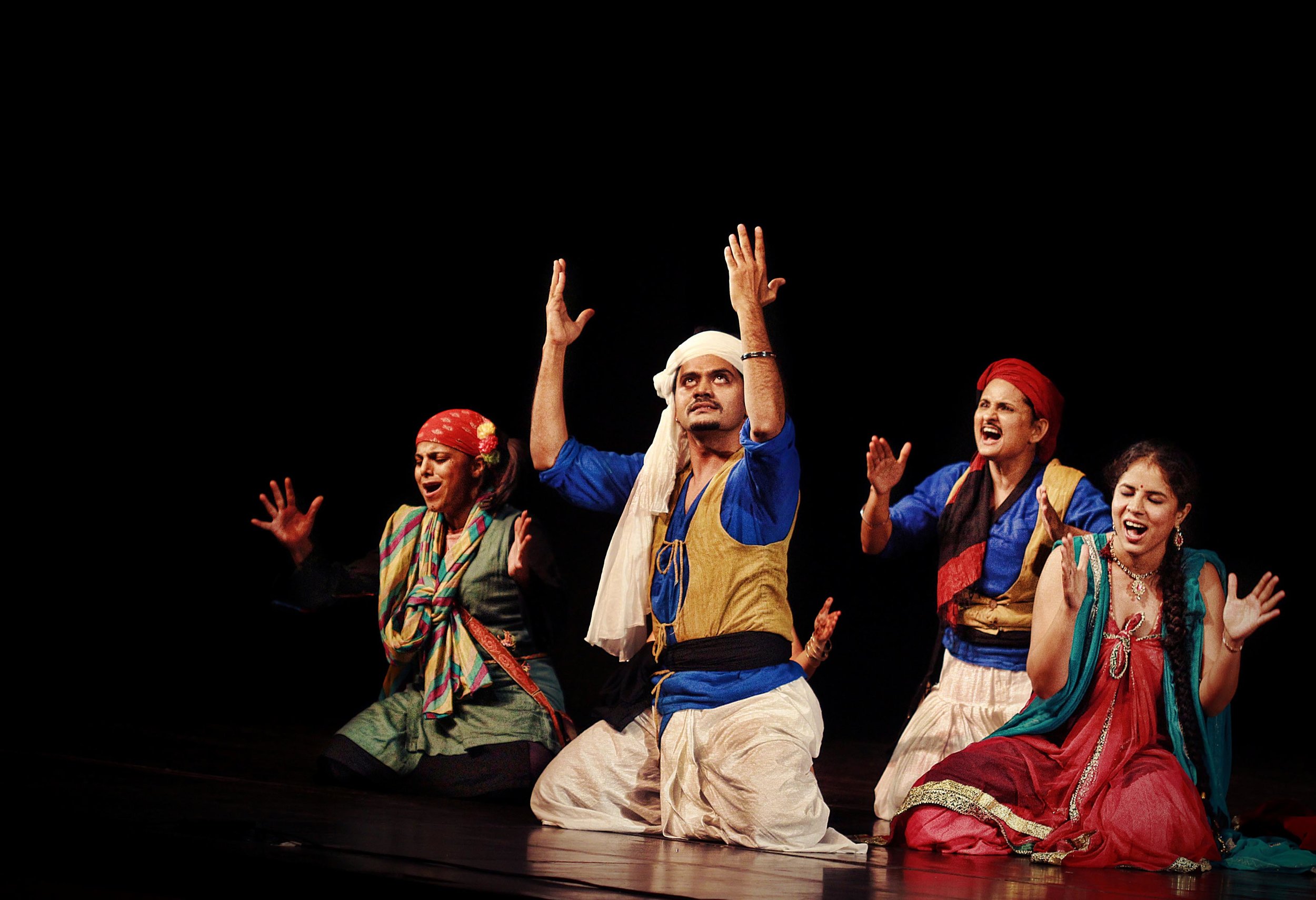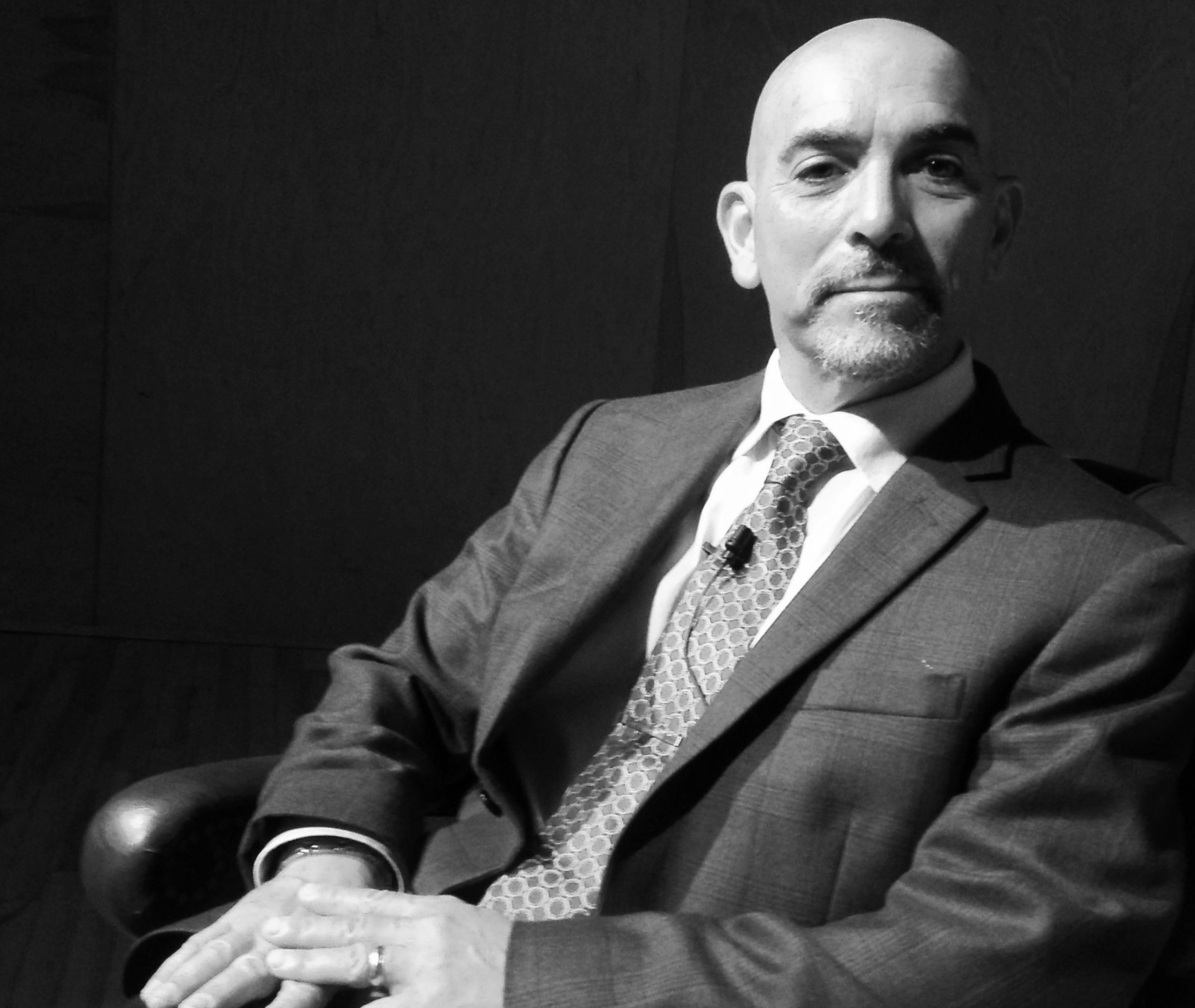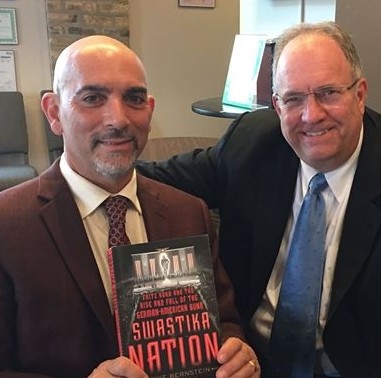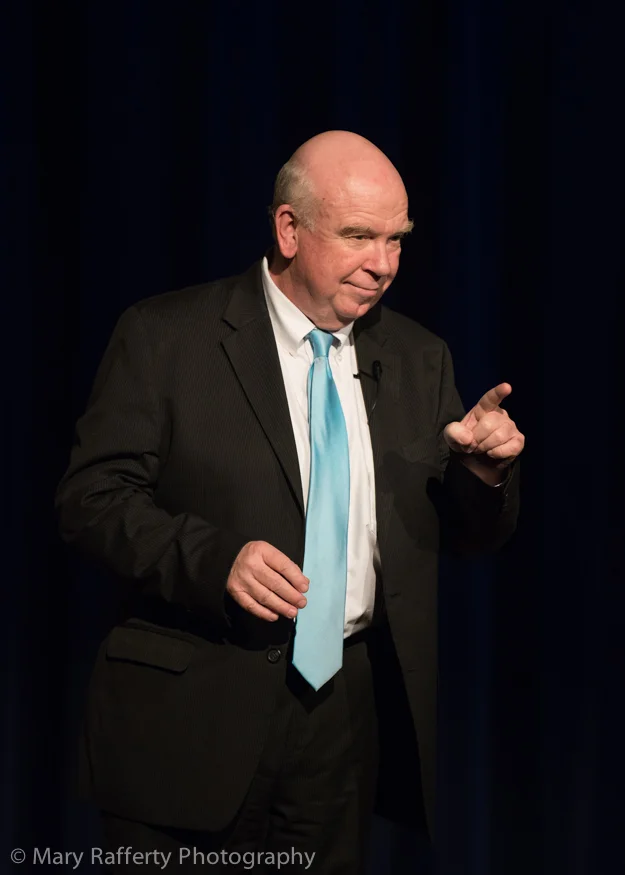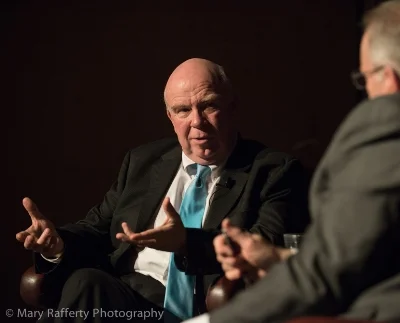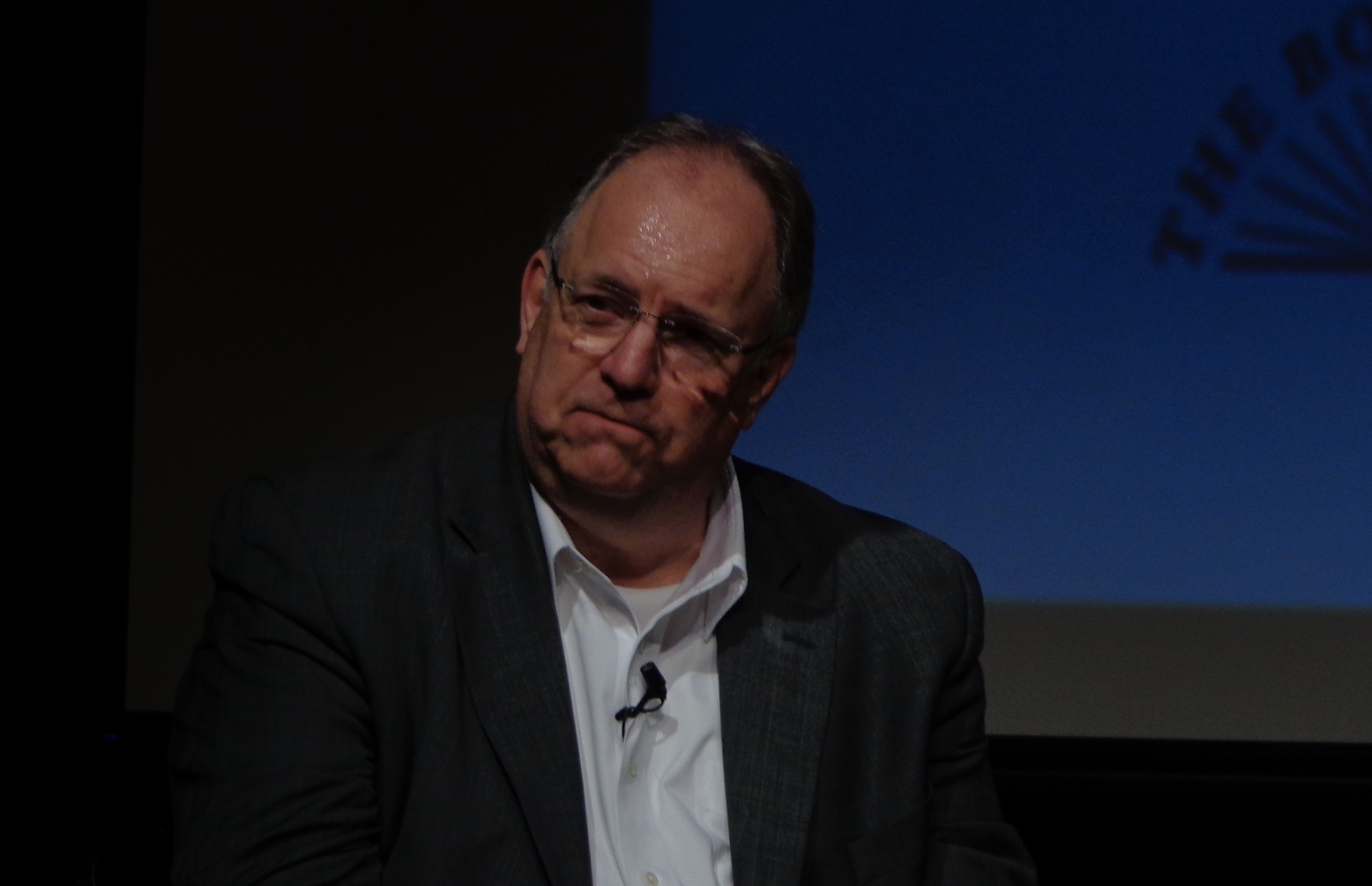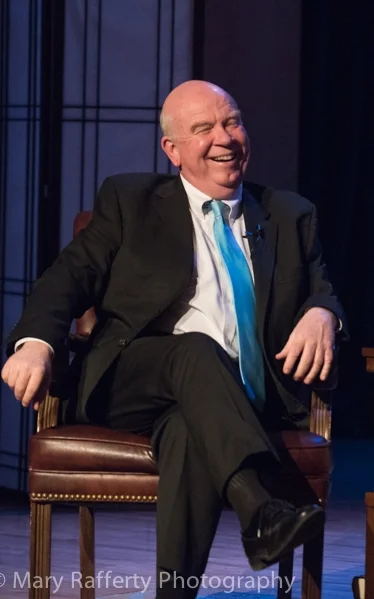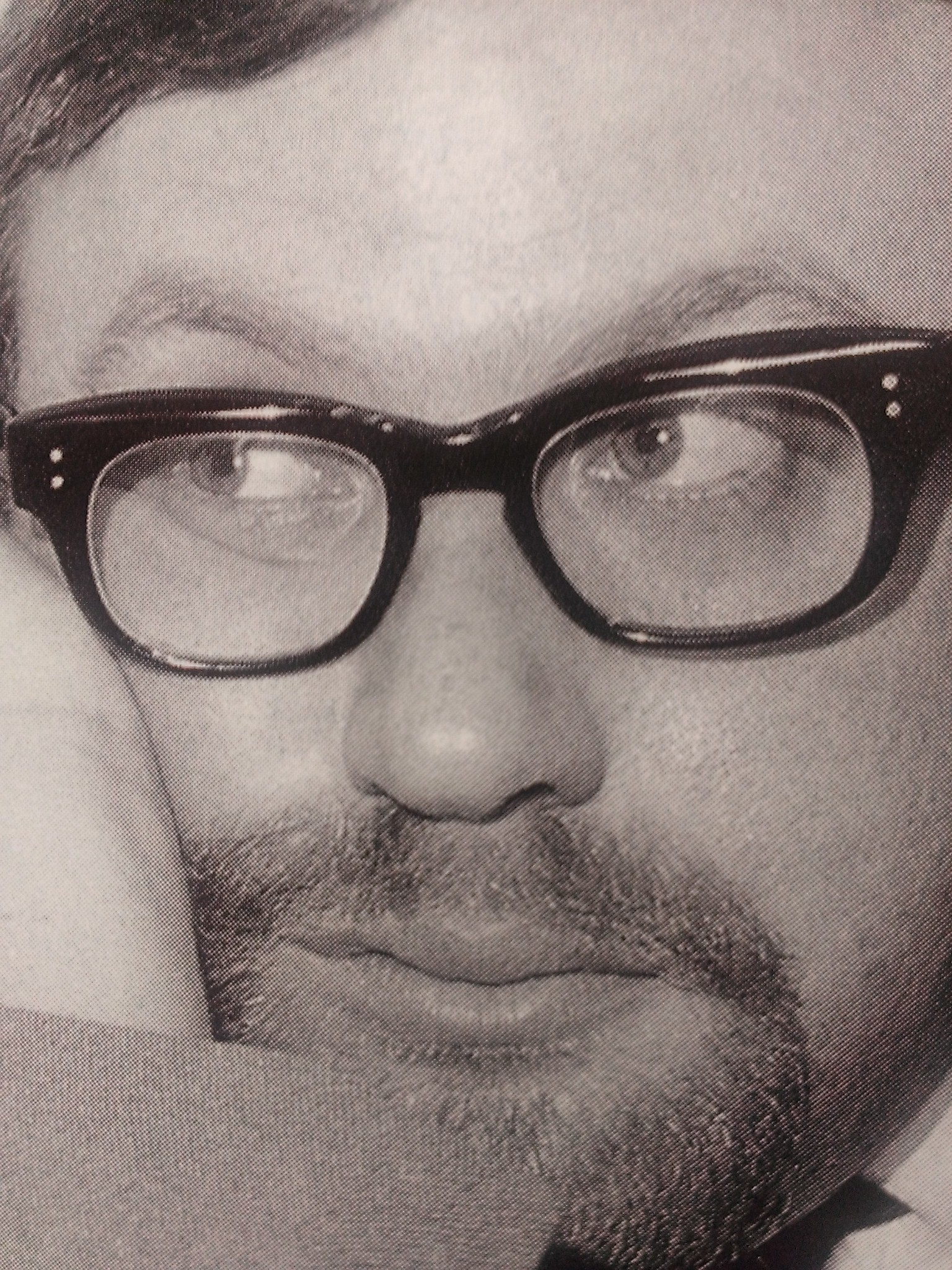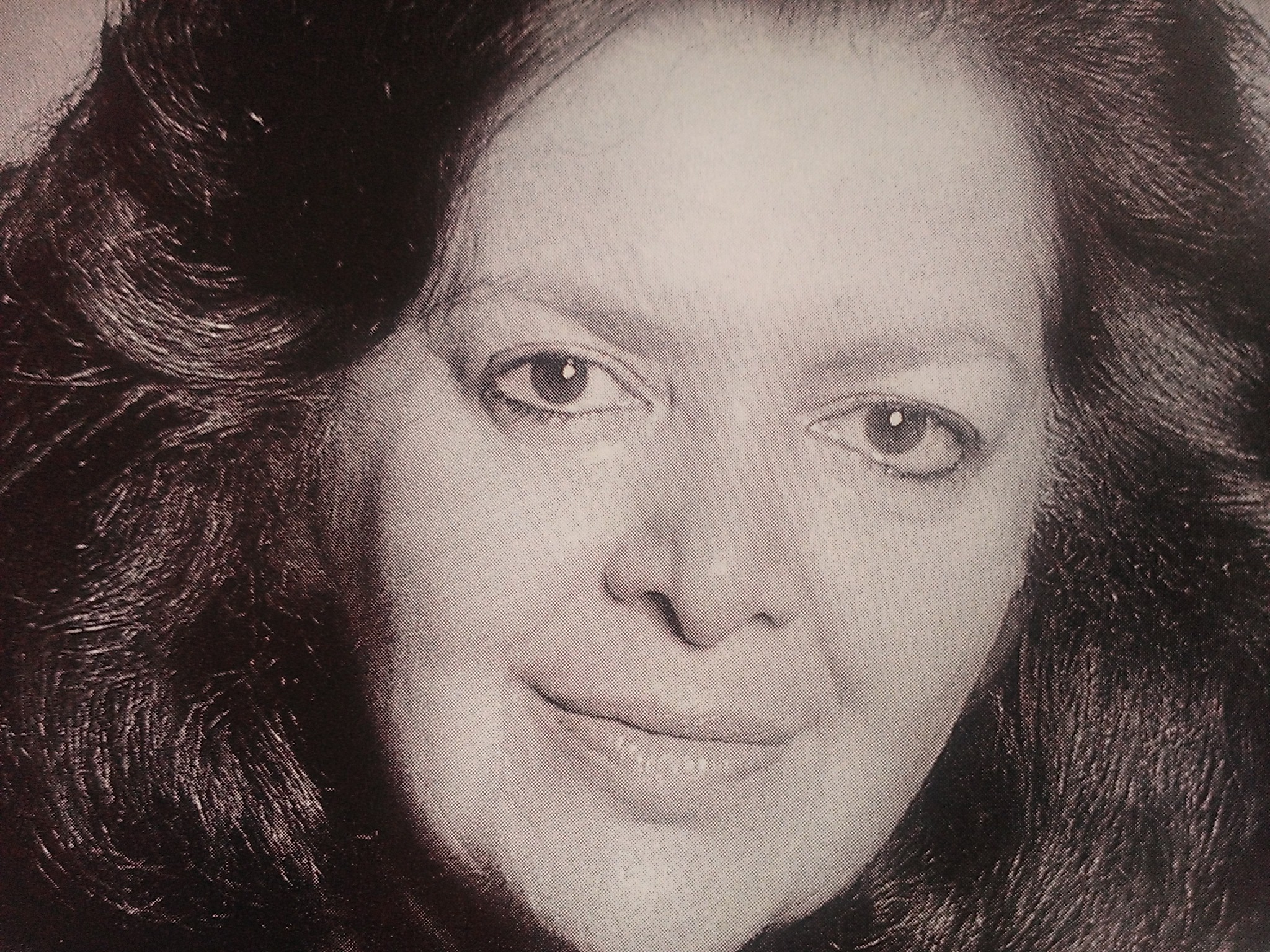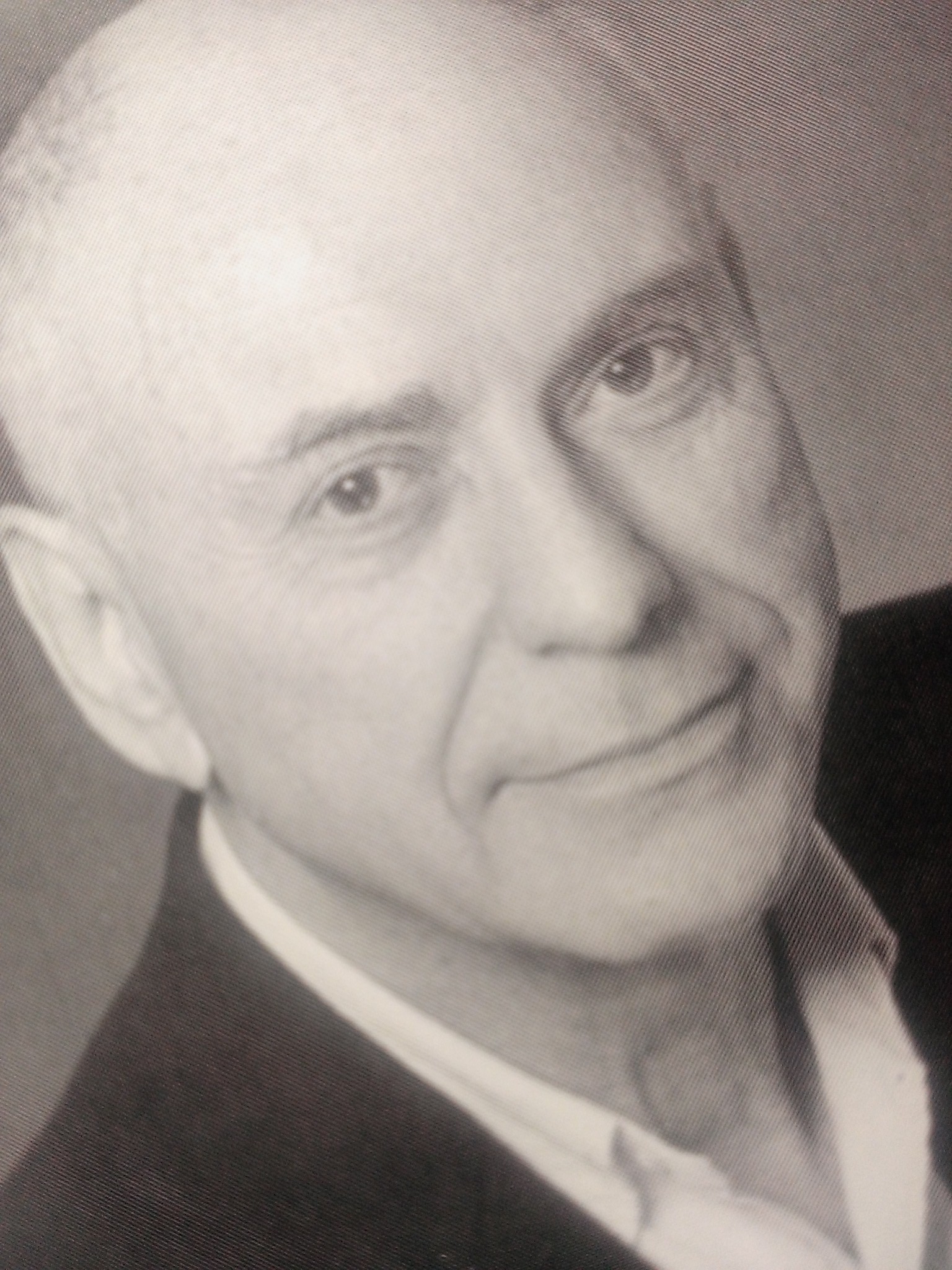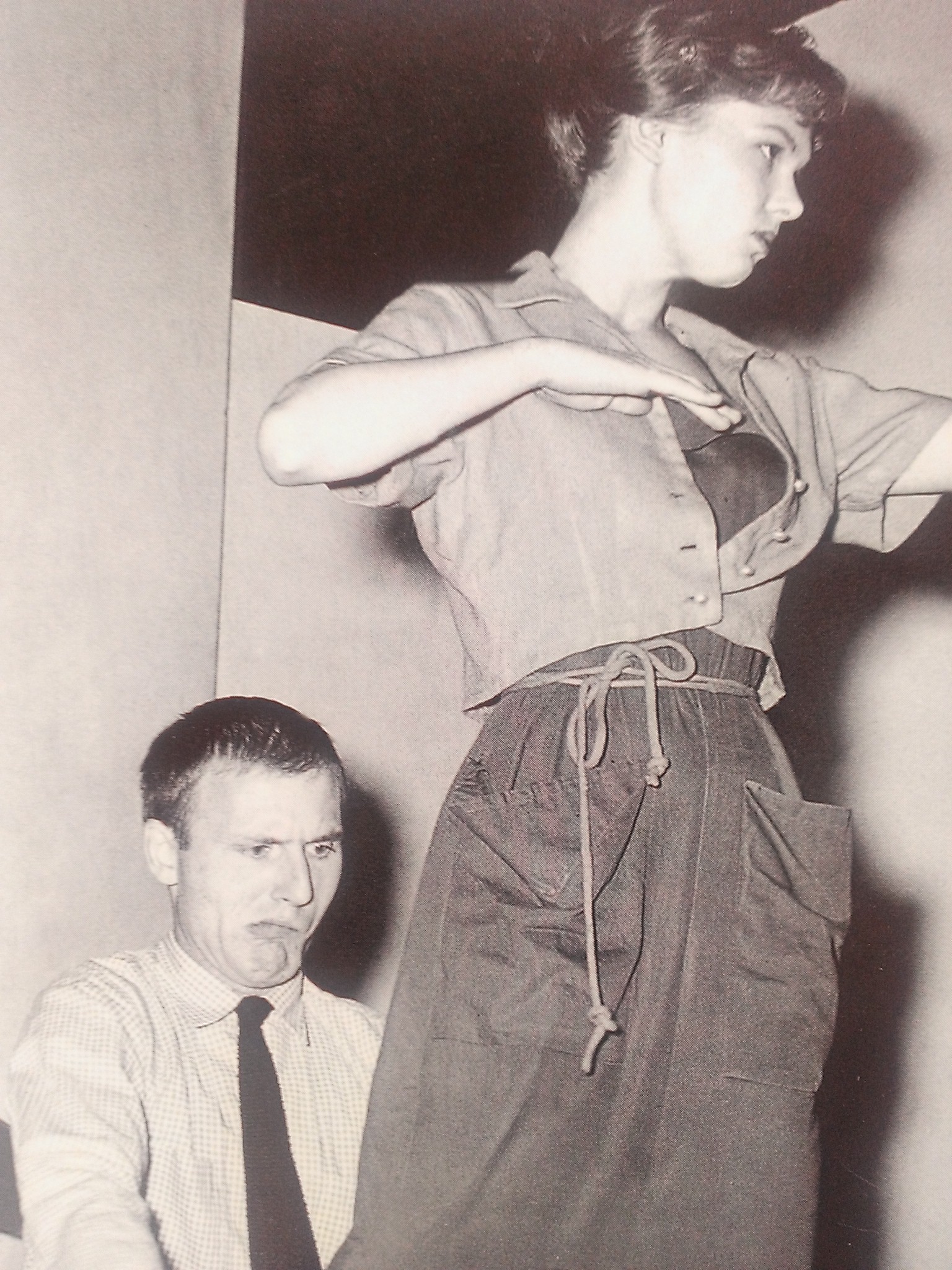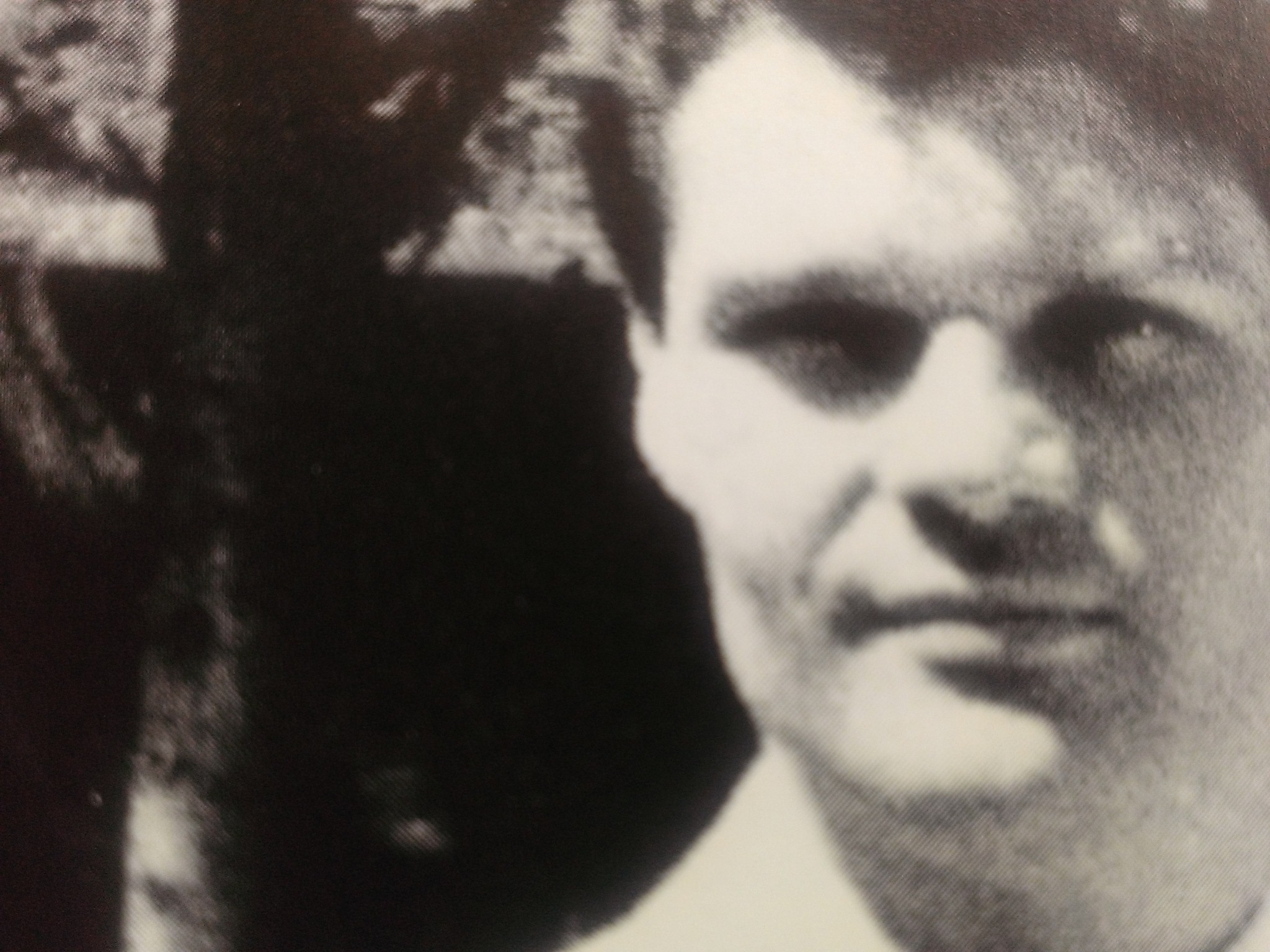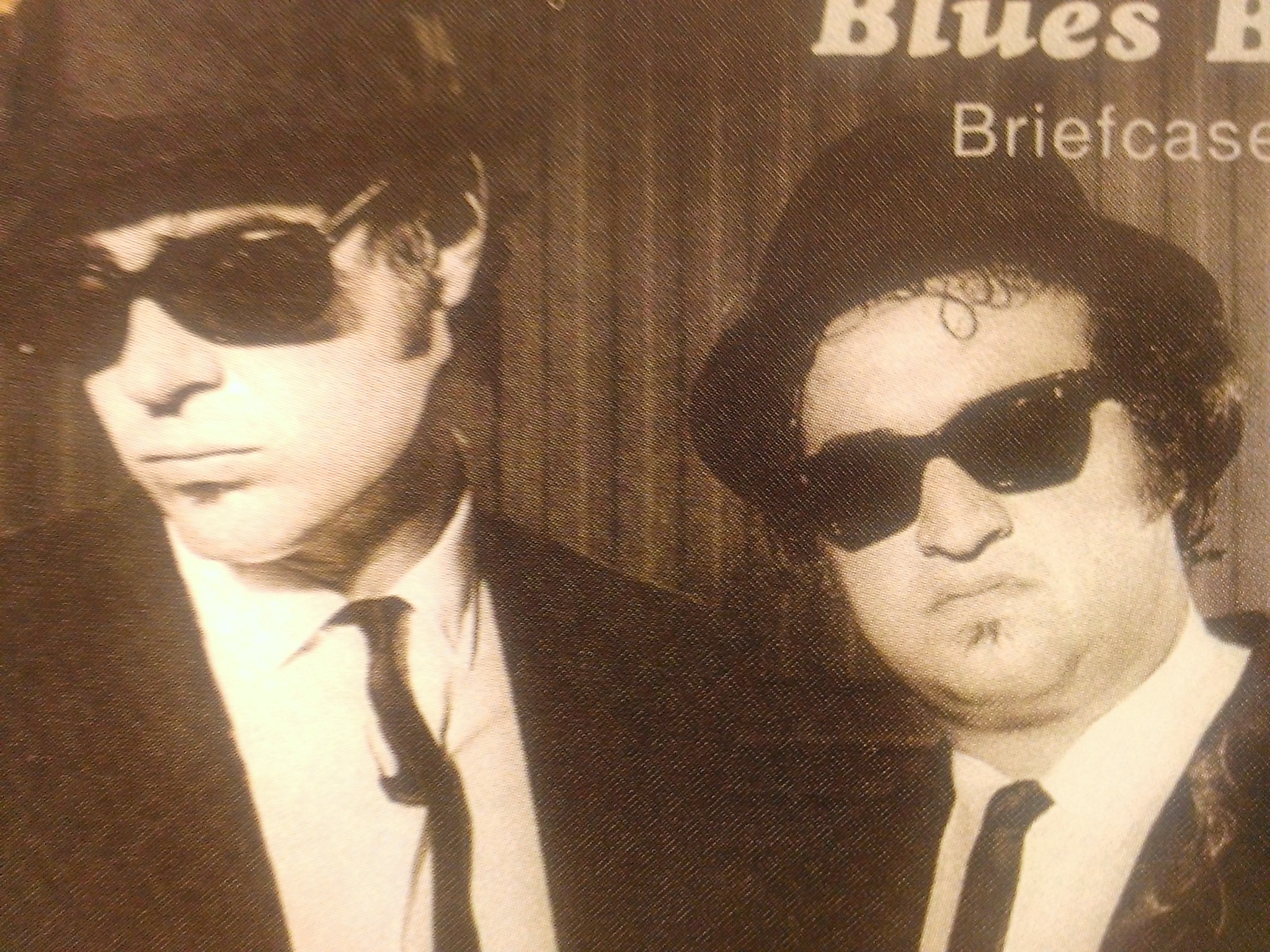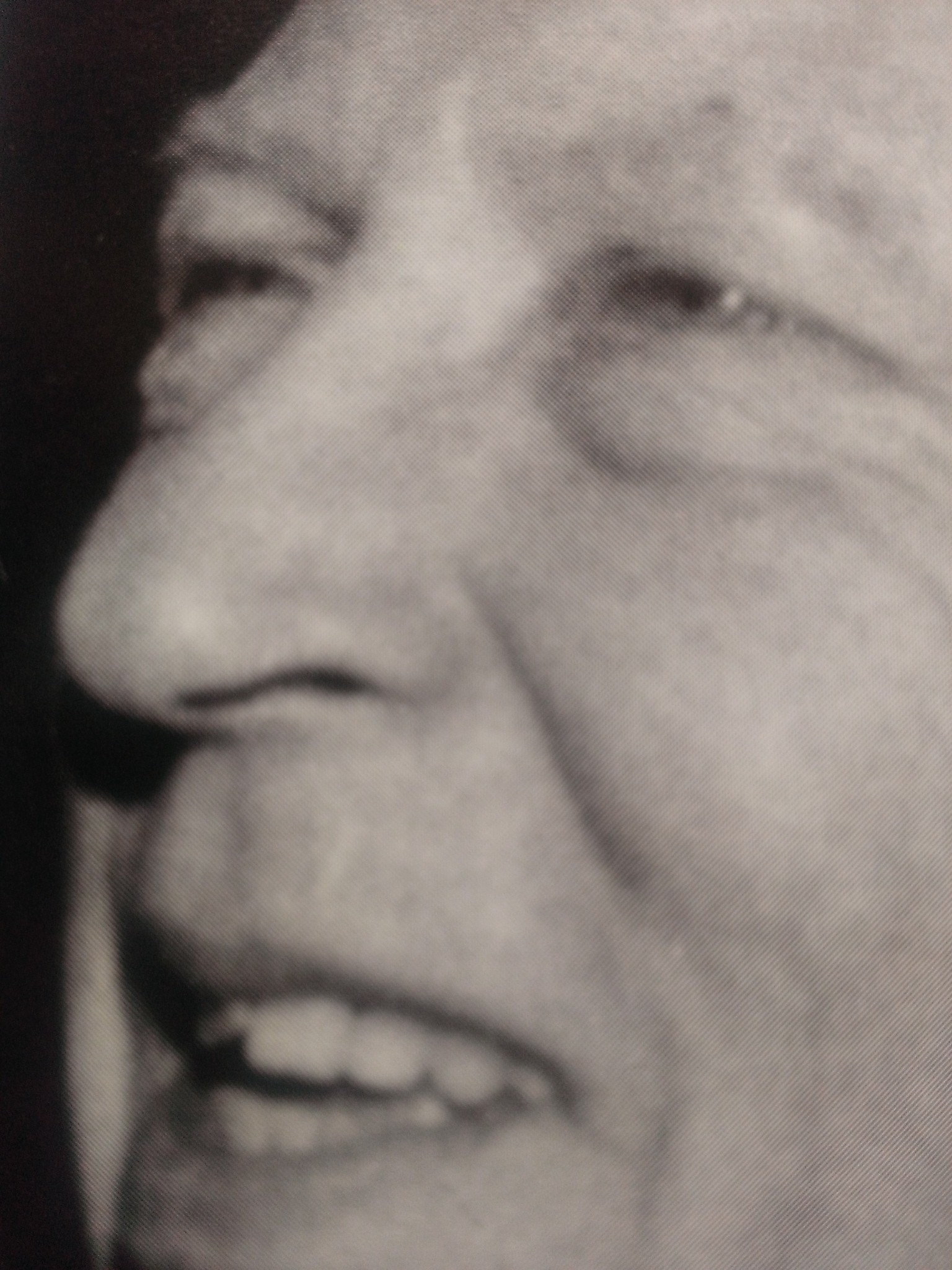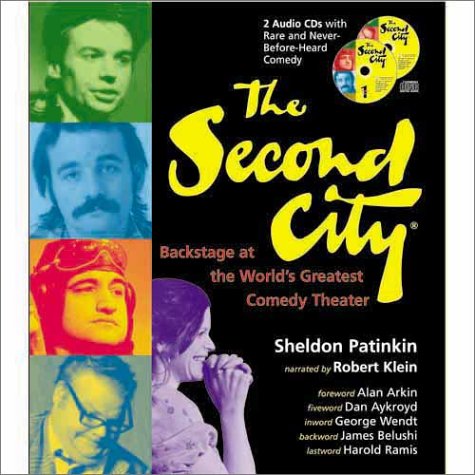DAVID H. BELL - LOOKING BACK. LAUNCHING FORWARD
If you are over a certain age, you already know about the 1940 film KNUTE ROCKNE – All American with Pat O’Brien as the legendary Notre Dame football coach who led his team to five undefeated seasons and the 1925 Rose Bowl championship. And, if you are under a certain age, you may be surprised that the film featured a young and future president named Ronald Reagan in the role of George Gipp who died at the age of 25.
Coming up, musical theatre audiences young and old in Chicago and South Bend can be part of the development process of ROCKNE a new musical at the Josephine Louis Theater of Northwestern University and at the Decio Theater at Notre Dame. The early November developmental workshop at Northwestern University is part of the American Music Theatre Project (AMTP) and the organization’s ongoing commitment to connect professionals and students in the development of new works for the musical stage. The workshop culminates in two free public reading performances on November 19th in Evanston and November 20th in South Bend.
David H. Bell, AMTP’s artistic director who co-wrote lyrics with Michael Mahler for this new adaptation and an earlier Chicago stage version, is directing this turn. Bell is a multiple Joseph Jefferson Award nominee -- 44 at this writing -- and has received the award 11 times. He has served as artistic director at Ford’s Theater in Washington and has worked on Broadway, Off-Broadway, at Carnegie Hall, the National Theatre and many, many others.
David Bell joined the conversation on October 21st for an in-depth discussion about the challenges of developing new works for Broadway, the impact and accessibility of workshop programs for emerging artists and what’s ahead for the American Music Theatre Project. PODCAST
Chicago’s impact in musical theater…“Chicago is the national laboratory for new work. Chicago, in particular, has a real dedication to find grass root pieces and feed it. It is adventurous, nurturing and affordable, which is a good trio.”
The impact of Hamilton and big Broadway hits… “Unlike in the past when you would say ‘a high tide lifts all boats,’ now the money really goes to Hamilton … It’s the first time I’ve seen this experience where Hamilton really is dominating the market and actually in some ways making people reluctant to spend their discretionary dollars elsewhere … [it's] the weird phenomenon now of 'you’re only going to see one show a year' because that’s what you can afford to do rather than become a theater cohort and see whatever is available.”
On the increase in opportunities for young artists... “Starting in 1968, Broadway really didn’t know what it was so it was in the dark ages for a good 20 to 30 years. That’s when I was getting started and therefore ... there was not a lot of opportunity… Broadway was diminishing rather than growing, certainly not thriving, so the whole landscape was very, very different … The idea of direct apprenticeships wasn’t quite as prevalent as it is now … Right now you’re invited to have resident directors and assistant directors. There’s a whole hierarchical structure of how a young director can support a Broadway show… We have found new avenues to get things to Broadway. There’s much greater access to Broadway … We’re actually coming in a very healthy spate of opportunities that have been created for new artists wanting to interface with new musical work.”
Advice for aspiring musical theater students… “Ultimately we [AMTP] may say no, and it is a real gift not to take no from anyone. So if they don’t make it the first time, try again and try to be involved in a number of ways … Those who don’t allow themselves to hear no are the ones who make it in this business.”
PODCAST
FOR MORE INFORMATION
Northwestern University's American Music Theatre Project

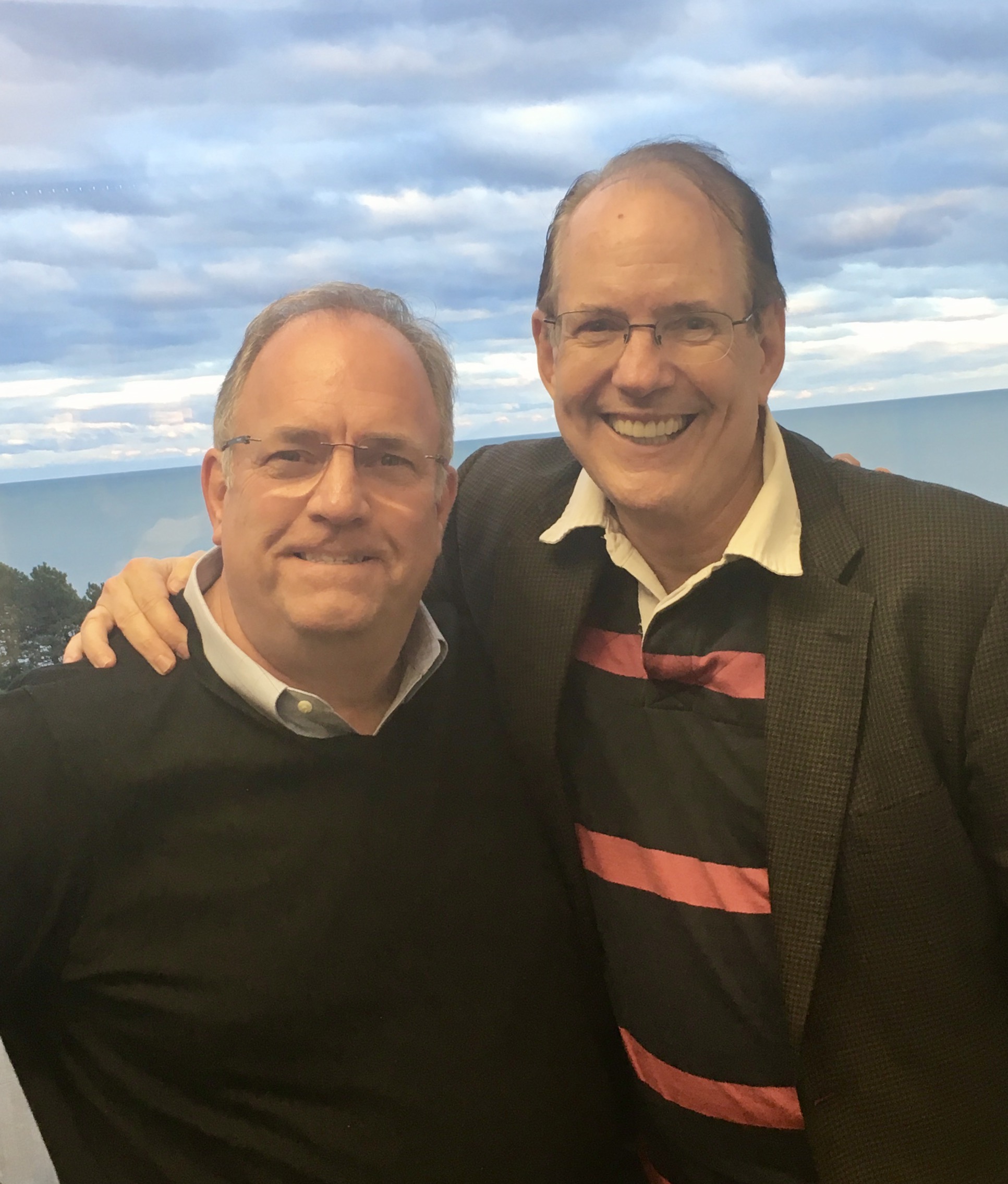
![rockneinvite_nu_FINAL[2].jpg](https://images.squarespace-cdn.com/content/v1/56bfaee52b8dde7190c18cf1/1477585028408-F8BU7OA7N9MGBSV3OLL3/rockneinvite_nu_FINAL%5B2%5D.jpg)
![4H5A6407[1].jpg](https://images.squarespace-cdn.com/content/v1/56bfaee52b8dde7190c18cf1/1477585493874-9YR7UOM81O3VPWIMFWW1/4H5A6407%5B1%5D.jpg)

![XR4A6161[1].jpg](https://images.squarespace-cdn.com/content/v1/56bfaee52b8dde7190c18cf1/1477585083395-CLSCQ1J940GIKBLEG9HJ/XR4A6161%5B1%5D.jpg)



